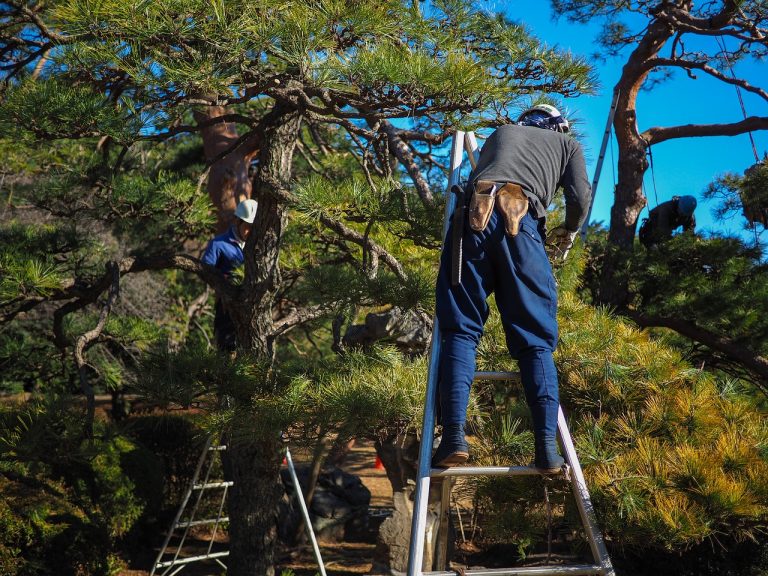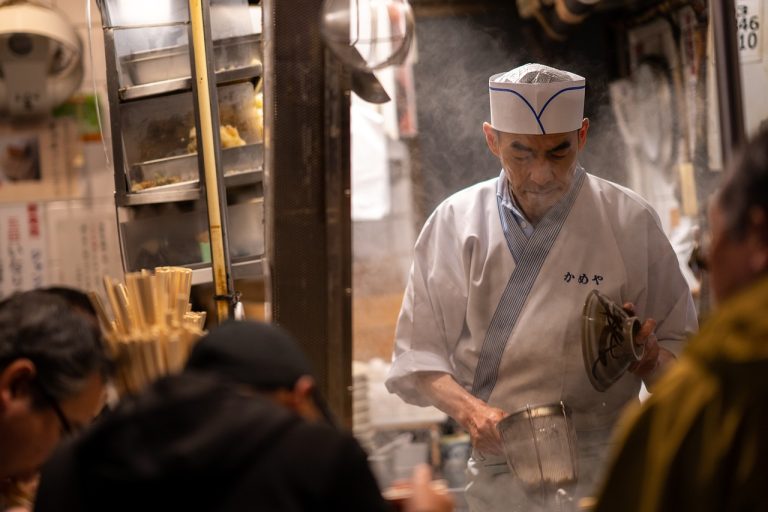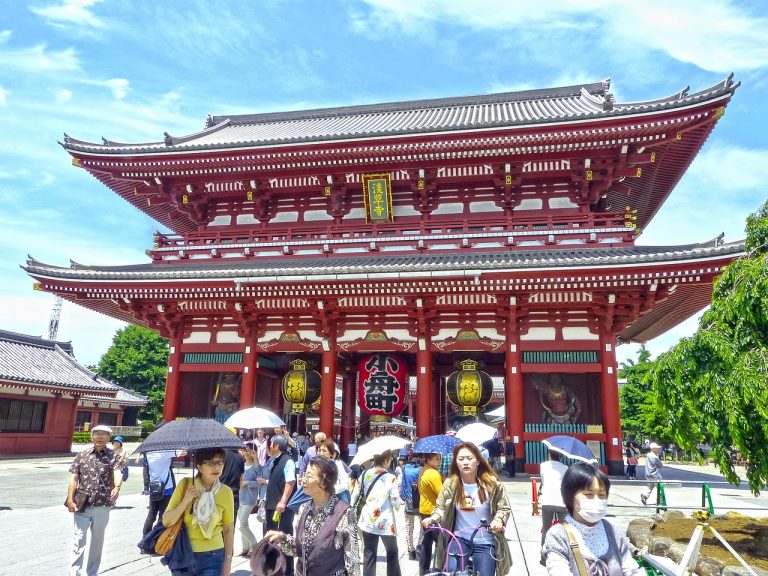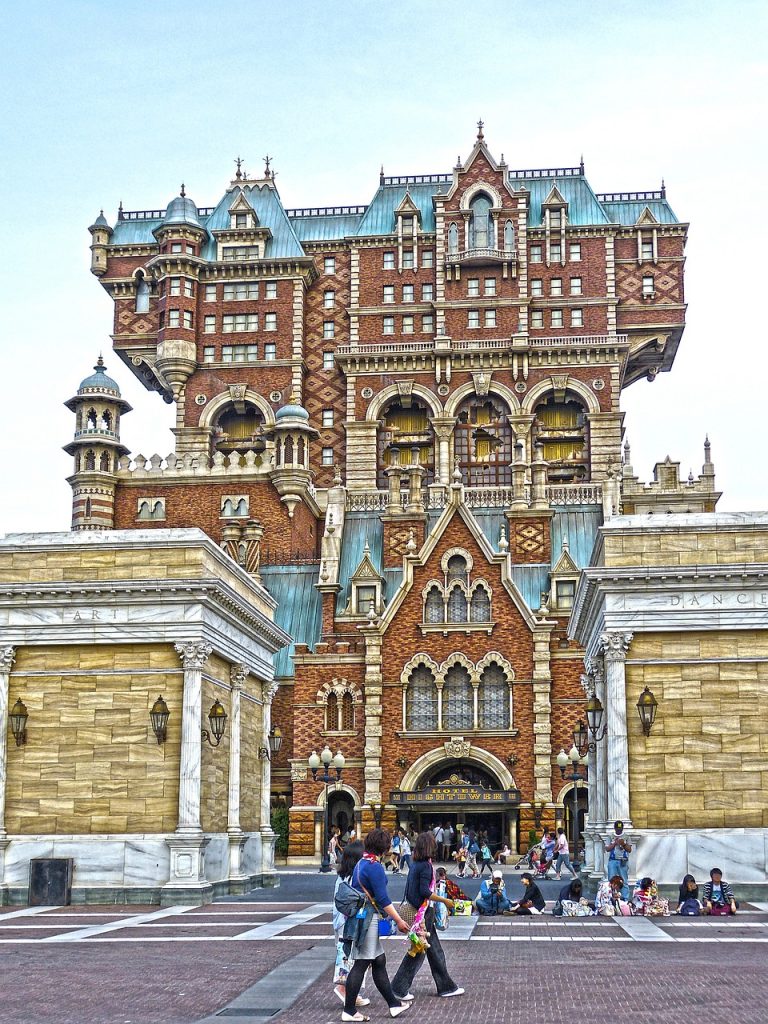Tokyo Japan Video
Local Myths and Legends of Tokyo Japan
Tokyo, the bustling capital city of Japan, is not only renowned for its modernity and technological advancements but also for its rich history and folklore. Throughout the centuries, Tokyo has been the backdrop to numerous myths and legends that have captivated the imagination of locals and visitors alike. These stories, often passed down through generations, offer a glimpse into the cultural heritage and beliefs of the people of Tokyo. In this article, we will explore some of the most fascinating myths and legends associated with this vibrant city.
Mount Fuji: The Legendary Volcano
- Mount Fuji is an iconic symbol of Japan, revered as a sacred mountain and the highest peak in the country.
- Legend has it that a water goddess resides within the mountain, granting blessings and protection to the surrounding area.
- It is believed that climbing Mount Fuji brings good fortune and spiritual enlightenment.
- The mountain is also associated with the legendary tale of a brave warrior who defeated a dragon that once terrorized the region.
Keywords: Mount Fuji, sacred mountain, water goddess, blessings, spiritual enlightenment, dragon
Yurei: The Ghostly Spirits
- Yurei are vengeful spirits believed to haunt specific locations in Tokyo, seeking revenge or resolution for their untimely deaths.
- One famous yurei is Oiwa, a woman who was poisoned by her husband and returns as a ghost seeking revenge.
- Another well-known yurei is the Lady in White, who appears near bodies of water and is said to bring misfortune to those who encounter her.
- These ghostly tales have been the inspiration for many horror movies and books.
Keywords: Yurei, vengeful spirits, Oiwa, Lady in White, revenge, misfortune, horror
Tsukumogami: The Animated Objects
- Tsukumogami are objects that have acquired a soul after reaching a hundred years of age.
- These animated objects can take the form of household items such as umbrellas, lanterns, or teapots.
- It is believed that these tsukumogami become alive on the night of Setsubun, a traditional Japanese festival.
- They are said to bring good luck to their owners but can also cause mischief if mistreated.
Keywords: Tsukumogami, animated objects, household items, Setsubun, good luck, mischief
Tengu: The Mischievous Spirits
- Tengu are legendary creatures often depicted as half-human, half-bird beings with long noses and wings.
- These mischievous spirits are known for their supernatural powers and are often associated with mountains and forests.
- According to folklore, they can be both benevolent protectors and tricksters who play pranks on humans.
- Tengu are believed to possess knowledge of martial arts and have been depicted in various forms of Japanese art and literature.
Keywords: Tengu, legendary creatures, supernatural powers, mountains, forests, tricksters, martial arts
Amaterasu: The Sun Goddess
- Amaterasu is one of the most important deities in Japanese mythology and is considered the goddess of the sun.
- According to legend, she withdrew into a cave, plunging the world into darkness, but was eventually lured out by the other gods.
- Amaterasu is believed to be an ancestor of the Japanese imperial family, and her shrine in Ise is a popular pilgrimage site.
- She symbolizes light, warmth, and fertility, and her story is deeply intertwined with the creation of Japan.
Keywords: Amaterasu, sun goddess, darkness, gods, Japanese imperial family, shrine, light, warmth, fertility

Kappa: The Water Creatures
- Kappa are mythical creatures often depicted as humanoid turtles with a water-filled dish on their heads.
- These mischievous beings are said to inhabit rivers and lakes, occasionally interacting with humans.
- Kappa are known for their love of cucumbers and sumo wrestling, and they possess supernatural strength.
- According to folklore, they can be both helpful and dangerous, depending on their mood or the intentions of humans.
Keywords: Kappa, mythical creatures, rivers, lakes, cucumbers, sumo wrestling, supernatural strength
Shinigami: The Death Gods
- Shinigami are deities or spirits associated with death and the afterlife.
- They are often depicted as dark, cloaked figures with a sickle or scythe.
- According to Japanese folklore, shinigami are responsible for guiding souls to the afterlife.
- They are not inherently evil but are seen as neutral beings performing their duties.
Keywords: Shinigami, deities, spirits, death, afterlife, dark figures, sickle, scythe, souls
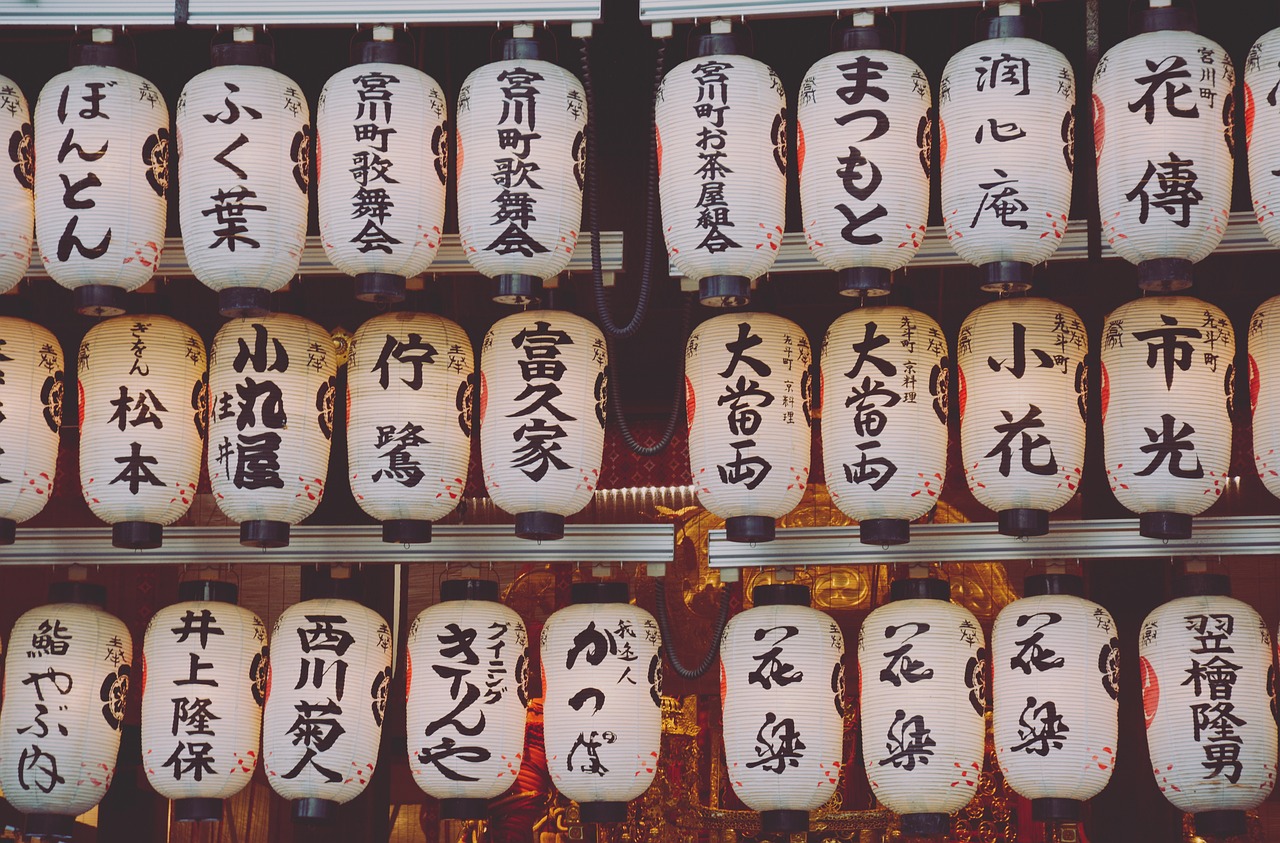
Yamata no Orochi: The Eight-Headed Serpent
- Yamata no Orochi is a fearsome serpent with eight heads and eight tails, featured in Japanese mythology.
- According to legend, the deity Susanoo slew the serpent to save a princess and discovered a magical sword in one of its tails.
- This tale symbolizes the triumph of good over evil and the importance of bravery and heroism.
- Yamata no Orochi has been depicted in various forms of art, showcasing its immense size and power.
Keywords: Yamata no Orochi, serpent, mythology, Susanoo, princess, magical sword, good over evil, bravery, heroism
Kitsune: The Shape-Shifting Foxes
- Kitsune are fox spirits known for their intelligence and shape-shifting abilities.
- They are often depicted as beautiful women or mischievous creatures with multiple tails.
- Kitsune are believed to possess magical powers and can bring both blessings and misfortune to humans.
- They are associated with wisdom, wealth, and protection, and their legends have been passed down through generations.
Keywords: Kitsune, fox spirits, intelligence, shape-shifting, beautiful women, mischievous creatures, magical powers, blessings, misfortune

Tsukuyomi: The Moon God
- Tsukuyomi is a prominent deity in Japanese mythology, associated with the moon and the night.
- According to legend, Tsukuyomi was born from the right eye of the creator god Izanagi.
- He is often depicted as a dignified figure, representing the beauty and serenity of the moon.
- Tsukuyomi’s story is intertwined with various tales of love, tragedy, and divine encounters.
Keywords: Tsukuyomi, deity, moon, night, right eye, creator god, beauty, serenity, love, tragedy, divine encounters
Conclusion
Exploring the local myths and legends of Tokyo Japan provides a fascinating insight into the cultural heritage and beliefs of the city’s inhabitants. These stories, passed down through generations, continue to captivate and intrigue both locals and visitors. From the majestic Mount Fuji to the mischievous Tengu and the shape-shifting Kitsune, Tokyo’s folklore adds a touch of magic and wonder to this vibrant metropolis. Whether you are a believer or a skeptic, delving into these tales allows you to appreciate the rich tapestry of Tokyo’s history and imagination.
References
- cityloco.net
- japan-guide.com
- tokyocheapo.com
- tokyotales.com



